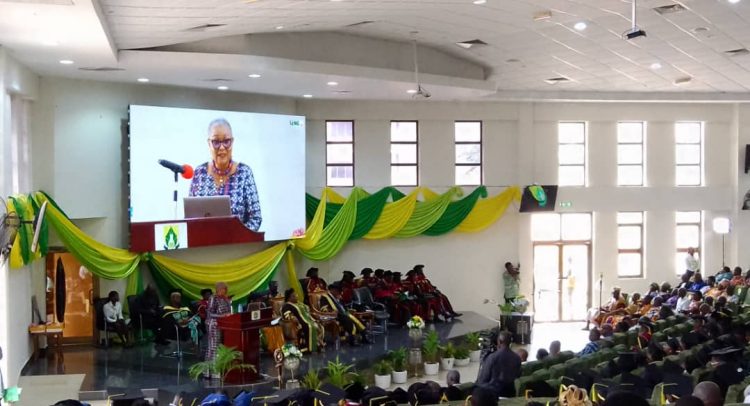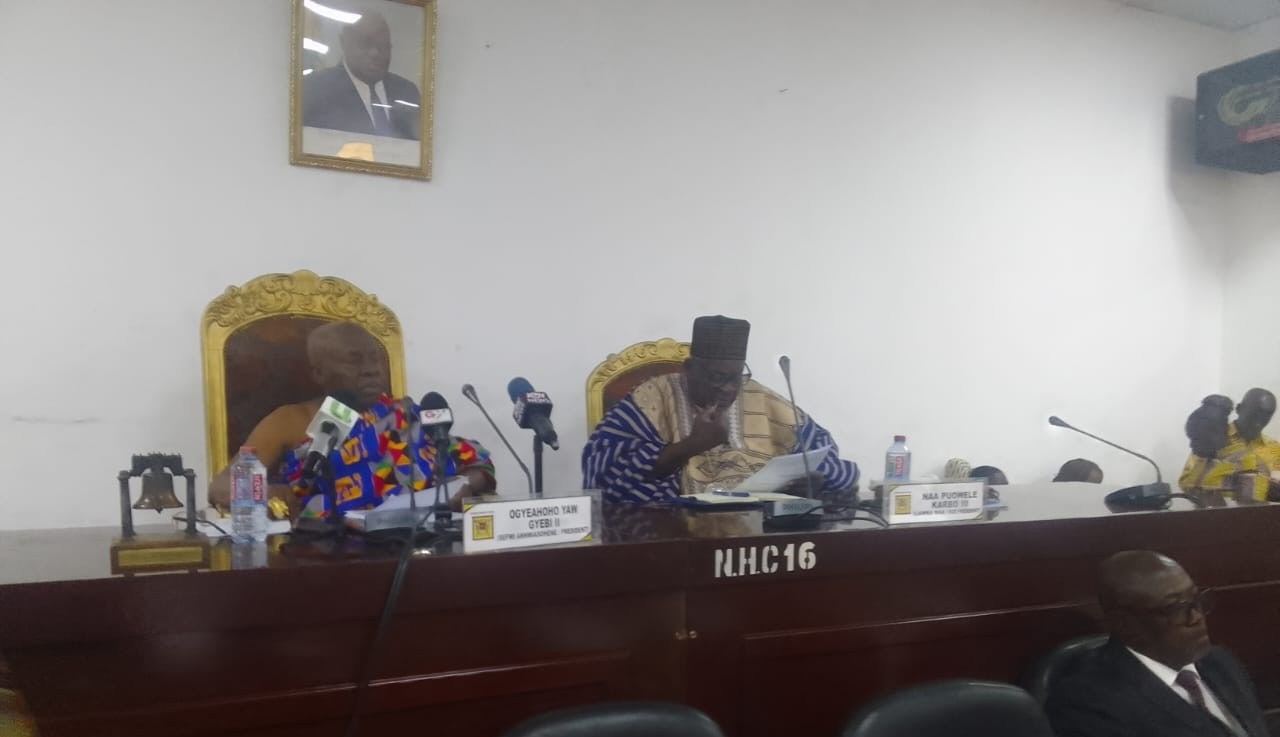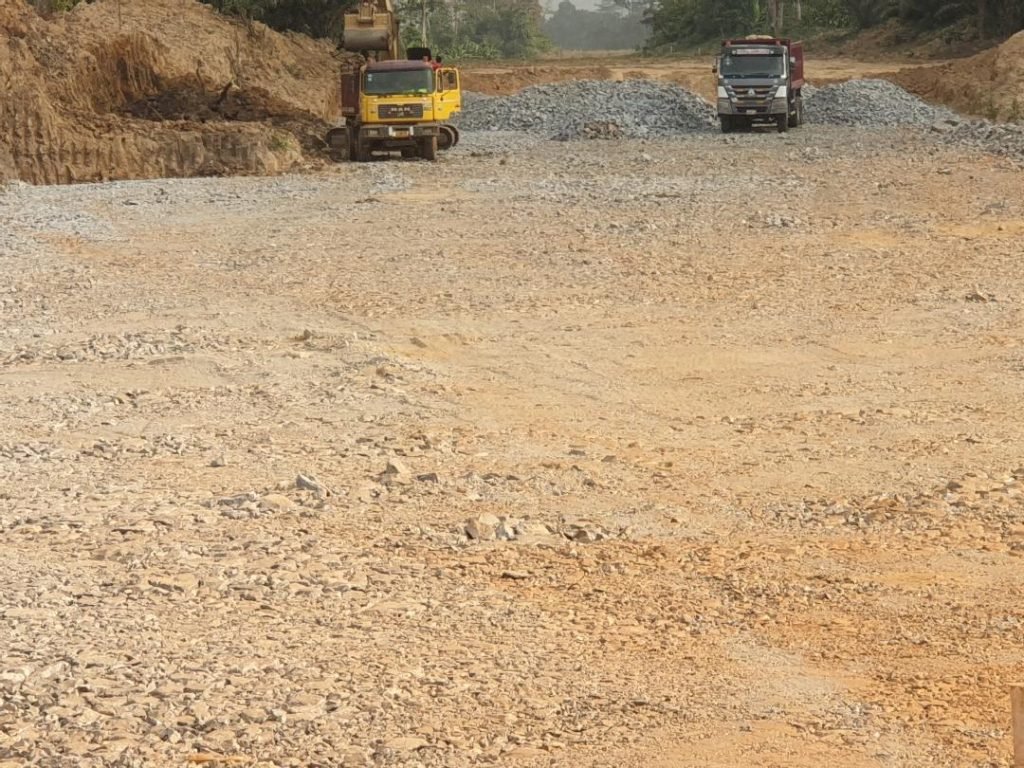
The Executive Director of Salt and Light Ministries, Rev. Dr. Joyce Rosalind Aryee, has called for a collaborative effort involving government, corporate entities, civil society organizations, and the media to address the alarming issue of illegal mining in Ghana.
Speaking at the 8th John Evans Atta Mills Lecture series, she emphasized the need for responsible mining practices and community engagement in order to mitigate the negative social, economic, and environmental impacts caused by these illegal activities.
While mining is considered a vital sector with the potential to drive sustainable development, the prevalence of illegal mining poses significant threats to Ghana’s future. Environmental degradation, social conflicts, economic disparities, and health hazards for affected communities are among the key challenges that need to be addressed urgently.
Dr. Aryee stressed that illegal mining poses a grave threat to the nation’s future, as it undermines economic prospects and jeopardizes the health and well-being of the communities affected by such activities.
She pointed out that Ghana loses more than 500 million dollars annually, in addition to the loss of lives, pollution of rivers and water bodies, and degradation of forest reserves and the environment.
According to reports from the World Bank, mining contributes significantly to African economies, accounting for over 20% of the Gross Domestic Product in some countries.
The sector also employs approximately 1.9 million people across the continent, providing livelihoods for both urban and rural communities.
While acknowledging the challenges posed by illegal mining, Dr. Aryee commended the efforts of the government, claiming that Ghana has remained the leading producer of gold in Africa due to progressive policies and programs that have been implemented to combat illegal mining and harness the country’s potential mineral resources.
Furthermore, she highlighted the government’s commitment to diversifying the mineral resource base by leveraging the African Continental Free Trade Area to promote intra-African trade and cooperation.
In conclusion, it is clear that the fight against illegal mining in Ghana requires a multi-sectoral approach. With collaboration from government, corporate entities, civil society organizations, and the media, responsible mining practices and community engagement initiatives can be implemented to mitigate the social, economic, and environmental challenges currently faced by the nation.
By prioritizing sustainable development and taking proactive measures, Ghana can secure a brighter future for its citizens and its precious natural resources.
By Vincent Kubi & Daniel Orlando




















Facebook
Twitter
Pinterest
Instagram
Google+
YouTube
LinkedIn
RSS